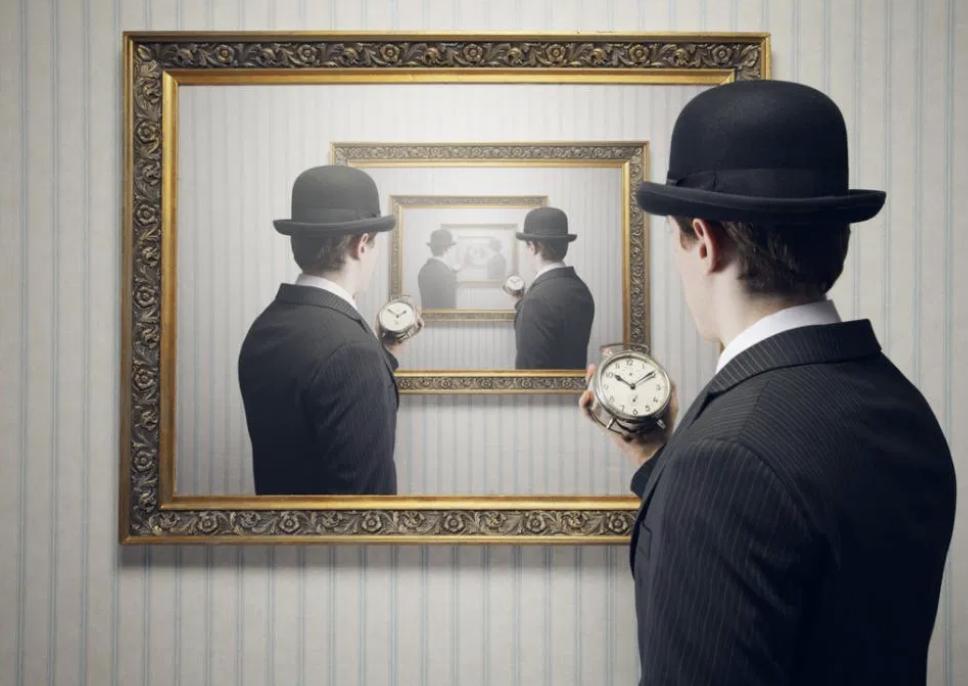I feel like we’ve been here before. Time to be smart, get ready, be resilient.
Days after Sept. 11, 2001, I walked into the women’s bathroom at Newsday, the Long Island newspaper where I was a health and medical writer.
A young reporter was lying on the floor in the fetal position. “I’m not prepared for this,” she moaned.
I have thought a lot about that young woman and moment. Like all of us at the paper, she was covering the death of thousands of New Yorkers, including friends and colleagues from our own hometowns. Moments after the planes struck the towers, I was in touch with hospitals in New York City and Long Island, which braced to receive the wounded. None came. Even 50 miles away in my suburban town we could see the rising plume from the pile for weeks. None of us was prepared for that.
Then, seven days later, the anthrax attacks began. Newsrooms and congressional offices received envelopes with poisonous white powder. People died. I covered the story. We weren’t prepared for that either.
We got through it.
In 2005, I traveled to Biloxi and Gulfport, Mississippi, a week after Hurricane Katrina, where I found entire neighborhoods that looked like a tumble of toothpicks. Health care workers handed out food and water as people wandered around in a daze, sleeping on the sidewalks. We got through it.
I covered the outbreak of the novel H1N1 flu in 2009-2010. That bug most seriously afflicted children and middle-aged adults. There were problems with ramping up a flu vaccine quickly enough. An estimated 61 million Americans contracted that flu and 12,469 died from it.
That same year I traveled to Haiti with a team of Haitian-American doctors and nurses a week after the earthquake that killed at least 230,000 people. Many of them had gone to the medical and nursing school in Port au Prince. There, on those grounds, next to the bodies of nursing students from the nursing school buried under the rubble, they toiled hours in hot tents trying heroically to save lives with primitive equipment cleaned in lukewarm soapy water. I watched people die. The morgue, where several men sat quietly, spelled oddly sweet. At night, we slept in tents of the grounds of a doctor’s brother, who himself had been trapped in rubble for hours. You could feel the tremors of aftershocks course through your body.
We got through it.
Two years later, I covered Superstorm Sandy. I interviewed health care workers who had dived out of their second-floor windows into crashing waves to swim for their lives and were living at their hospital, working around the clock. I interviewed administrators at one hospital who literally clung for their lives as the hospital flooded.
We got through it.
I took a graduate course in emergency medicine at one point in my career. The overarching theme was that you had to establish clear lines of authority and communication. Somebody had to be in charge, and information had to be clear and true.
This coronavirus pandemic is scary—in part because, unlike a hurricane or terrorist attack, it is unseen and perhaps all around us. But we have all faced healthcare crises before. Listen to trusted health care experts. Forget the noise. Do what they tell us.
We’ll get through it.
Ridgely Ochs is the former health care reporter for New York’s Newsday. She now is retired and lives on the Eastern Shore with her husband, Robert Tiernan. Ridgely serves on the Board of Visitors of Spy Community Media.



Maria Wood says
This is powerful and inspiring. Thank you.